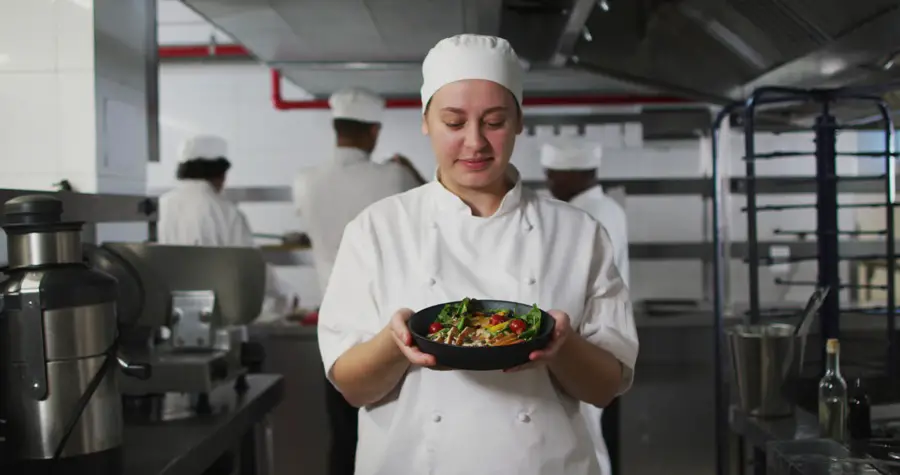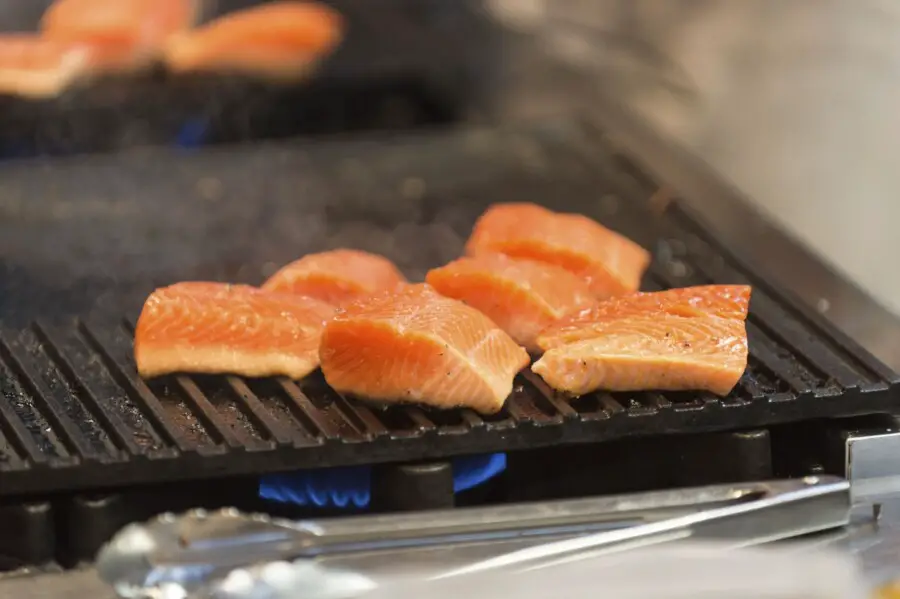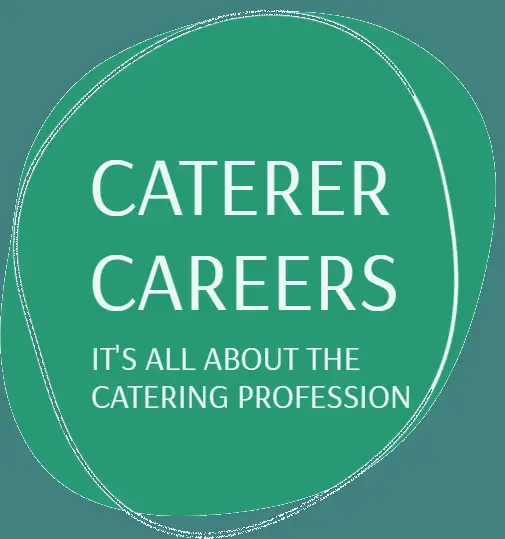
Do you want to be a professional chef? Have you thought of attending a catering school? In this article, I’ll share with you my awesome experience at a culinary school. As of the time of writing this article, I am 50 years of age. I am a Nigerian. I started my culinary career as a kitchen steward, then walked my way up to become a chef.
I’ve been thinking of working in a different environment outside the shores of my country. In Jan. 2013, I left my country for South Africa. When I decided to stay in the country over there in SA, it took me more than a month to secure a work permit.
Since I’ve a know-how in culinary work, and can practically prove it, I got recruited by a catering firm. It’s true that, if you have on-the-job knowledge, even though you don’t have a certificate to back up your experience — you can be employed in the industry when there are job openings.
You’ll have to undergo an on-the-job practical interview to prove to the employer that you know the job. Depending on the area of culinary, whether pastry, larder, etc., you’ll be asked to make certain dishes to prove your knowledge.
Some establishments may demand that you have a chef certificate before they can offer you employment, based on the fact that you already have a culinary education. If they offer you employment, what they’ll do is to show you around and explain their menu to you.
In my own situation, I’ve been working as a cook for over 9 years before I attended chef school. After staying in SA for more than a year, I decided to attend a culinary school to back up my experience with certification.
It’s understandable that as humans, we do have goals in life, but achieving those goals is another thing. One has to work hard to remain in a career, and also improve on it. Someone could achieve something in a year’s time, it might take the other (person), 5 years to achieve the same thing, and the endpoint remains that the same goal is achieved.
As you read on, you’ll find out things you need to know about a culinary school:
1. Cost Of Culinary Education: For sure, anything good will cost you something. After you’ve done research and settled for the school you love to attend, you’ll have to find means to finance your education. These are issues people face when they need to fund their education. One will have to explore options that are available for him/she to finance their study. If you have someone (parent/guardian) who can take care of your educational costs, the burden is off you, unlike when you’ve to do it yourself (funding).
If you can’t personally finance your culinary education, you’ll resort to finding a scholarship or taking up a student loan. You’ll have to research means to find scholarships or student loans. Going to the extent of finding a student loan can show how determined some people can be, bearing in mind the loan will be paid back someday. Investment in education will always be rewarded.
If you’re to finance your education by yourself, it’s a real challenge, but giving up isn’t an option. I already had savings, that way, I was able to fund my culinary arts program. If you can’t afford to pay a complete tuition fee, some schools do accept installments. You can pay your tuition fees in installments, till you finish your program.
2. Enroll For Admission: To do this, you should consider a school you fancy is the place you cherish to be. There should be something you fancy in a particular area. It could be a place reputable for it’s educational qualities etc.
While in SA, I opted to stay in Cape Town, due to its cultural history, and the restaurant industry. There are lots of culinary schools there, and there’s one that caught my fancy. My time at the school was a memorable one. I had a lovely time there. So, before you enroll for admissions, settle for the school of your dreams.
3. School Facility Tour: Usually memorable! After you’ve decided to study at a particular institution or before you engage in school activities, there’s usually something that’ll be your first experience. You’ll be conducted around the institution by a school official so you can get acquainted with some of the school officials and the environment.
4. Culinary Arts Tools/Uniform: You’ll bring with you a knife set and other instruments required for your training as required by the institution. Also, you’ll need a uniform.
5. Baking/Pastry Arts: This is one area of catering work, and there are students who fall into this category. This is an area a student can specialize in. Pastry work is an art that takes lots of time to master. Before you enroll in the school, you should have decided which of the arts you’ll be doing.

6. Cookery Arts: The area of specialization still remains a focus in culinary schools. You can’t do two programs simultaneously. Cooking arts will take you deep into cuisines, and one of the subjects that are taught at culinary schools is “international cuisines”.
When you complete your cookery program, you can broaden your knowledge by enrolling to do a baking and pastry arts program. The same thing goes for a student who has completed baking/pastry arts studies. After graduation, you can further do a cookery program.
7. Moment Of Interaction with Fellow Students: The learning environment is a platform to meet new people and make friends. Students interact with one another as they share views about their studies.
8. Lecturer Relations With Students: instructors at culinary schools are so friendly, and they’re always willing to clarify issues for students regarding their studies.
9. The Business Of Culinary Arts: After graduation, you enter the labor market. Working for an employer means you’ll be in a professional kitchen. Part of the teachings you had at school lets you know that commercial kitchens operate to make a profit. You’re taught culinary math so you can manage, calculate, or quantify materials put in your care for the company’s business, then use it to maximize profit for the establishment.
10. Graduation: If you take a look back when you start the plan to do a school program, you’ll understand you’ve come a long way. You’ll recall times in different weather conditions you’ve been through to be at school. Everybody has their own experience!
Summary: In the “observatory”, the area where I attended culinary school in Cape Town, there are lots of attractions. Some of the buildings there are left to reflect the colonial and architectural history of the place.
You’ll see a few people trading on the streets. There are shops and restaurants you can walk into. I like the fact that they have a community library, 5 minutes walk from the observatory train station, and 15 minutes walk from my school’s location.
The sound of the train on arrival at the station will inspire you. It’ll also inspire you to know that as the train arrives at the station, some of the people that embark or disembark the train, are culinary students, and, at that time, I was one of them, from or on its way to the “South African Chefs Academy”.
Are you a culinary student? Have you graduated as a culinary student? What’s it that caught your fancy at the place where your chef school is, or is situated? Let me know in the comments below!

Benedict Ohia is a culinary chef with over 15-years experience in the catering industry.

